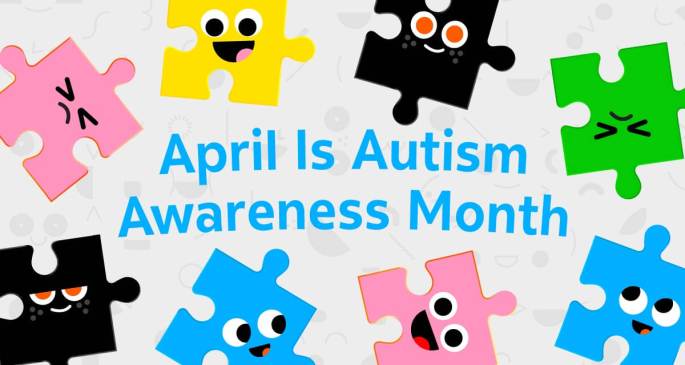
We live in a litigious society. As an educator or school employee, you should be keenly aware that professional liability insurance is critical because district coverage may not protect you individually. It is dangerous and potentially career-threatening if you enter a public-school classroom without liability or legal protection. Professional Educators of Tennessee handles legal issues in a positive, professional and confidential manner, without fanfare or publicity. Our members do not want undue publicity that can damage their case or their reputations. That is why you rarely read or hear about our members’ legal problems in the media.
Due to their unique role, educators face exposure to liability much greater than does the average citizen and therefore must exercise a higher duty of care than most professionals. Nearly every day teachers must deal with diverse laws related to issues such as child abuse, student discipline, negligence, defamation, student records, and copyright infringement. Tennessee teachers often cite professional liability insurance as a major reason for becoming a member, and rightly so. Professional Educators of Tennessee offers educators high-quality legal protection and professional liability insurance, at a fraction of the cost of labor unions. Our educators’ professional liability insurance is unmatched in Tennessee.
As an educator, you are also a consumer, and you expect and deserve quality services at an affordable price. Our dues at Professional Educators of Tennessee are currently $189. Contrast that with the roughly $600 or more that you are asked to pay for union dues and you will quickly realize not only cost savings but also more liability protection. We are less expensive because we are not part of a national organization – money collected is used on organizational goals and stays here in Tennessee. Politically, we are non-partisan. Your dues will never be utilized as political campaign contributions or to support social issue causes unrelated to education. That alone saves our members money Teachers’ unions engage in aggressive political partisanship and promote a wide-ranging social agenda on issues unrelated to education, often not reflective of the diverse political views of their broader membership.
Bad things happen to good educators every day. There are certainly increased risks for educators targeted by civil lawsuits. School districts are spending more on litigation costs and frivolous lawsuits. Educators need excellent liability coverage to cover inadvertent mistakes that could possibly happen. It’s is better to be proactive by being a member of Professional Educators of Tennessee, as countless teachers discover during the school year. In today’s society, false allegations can also occur, and with the prevalence of cell phones and social media, this has made educators even more vulnerable.
There are unnecessary lawsuits filed every year with allegations that have little basis in fact. The American legal system makes it easy to file a lawsuit regardless of the merit of the case. Unfortunately, public schools always will be susceptible to legal challenges, and we will never eliminate all lawsuits. That is why you need professional liability coverage so that you can focus on your job as an educator, and not matters out of your control. When allegations are made, or worse charges are filed, teachers may not be able to count on the backing of a school system or elected official. You need an organization to stand behind you, preferably one without a partisan agenda. Our legal resources, including attorneys who know education law are available to assist members with employment concerns. Our legal services team is a phone call away to answer any school-employment questions.
Only Professional Educators of Tennessee offers the peace of mind of $2 Million per member per occurrence, coverage for coaching, tutoring & private instruction, and up to $35,000 for Criminal Acts—and your coverage is never dependent on the discretion/pre-approval of a union boss, Access to your legal protection is not dependent upon whether your case is determined to be in the best interest of Professional Educators of Tennessee.
As with many professions requiring a state license, the teaching profession—like law and medicine—is governed by a code of ethics. This code outlines standards of personal and professional conduct that you, a member of the profession, must uphold. Violating a standard can have serious consequences for your teaching license. In addition, in 2018 the state added new laws regarding Teacher Ethics and Teacher Misconduct. Districts are now required to offer annual training in ethics. Our organization has partnered with the state to offer online ethics training to our members and other educators.
Unlike other organizations, where employment protection is discretionary, Professional Educators of Tennessee has no committee or group of people who will decide whether or not you will be represented should you face such an employment situation. This coverage saves our members thousands of dollars in legal fees every year and provides immeasurable peace of mind.
Our counseling philosophy is the best way to avoid having a situation escalate to a legal problem and only requires you to call us before the situation gets out of hand. It is very important to know your legal rights and responsibilities. Your membership with Professional Educators of Tennessee and our working relationship with you ensures your rights are not only realized but protected.
##
When you have a job-related legal question or concern that may have legal implications, make your first call to Professional Educators of Tennessee or email legal@proedtn.org. Speaking to an in-house attorney is the best and most efficient way to avoid having a situation escalate into a legal problem. It is critical that you know your legal rights and responsibilities. Your membership with Professional Educators of Tennessee ensures that you will be informed without delay. We are here to help and support our members.






You must be logged in to post a comment.